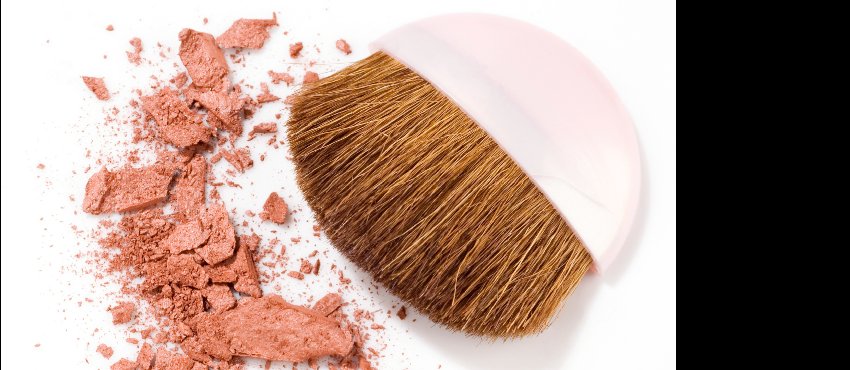
Understanding The Banned 20: Butylated Hydroxytoluene (BHT)
What is Butylated Hydroxytoluene and what are the dangers associated?
The Banned 20 has been created by the team at Sinensis to provide an insight into the 20 ingredients/compounds that we have completely eliminated from our skincare products.
Our clinical background and perseverance has demonstrated that it is possible to create skincare products that do not use potentially dangerous chemicals for your skin.
The fourth on our list in Butylated Hydroxytoluene, otherwise known as BHT. BHT is a synthetically produced chemical, most commonly used as a food preservative as it is an antioxidant.
Due to its ability to preserve fats, it is also used in the cosmetic industry to help deter naturally occurring oxidisation of products that can cause a change in the quality and colour. BHT is found in products such as lipsticks, foundations, cleansers and moisturisers.
Furthermore, BHT continues to be used for medical use, such as treating herpes and the Rubella virus because of its anti-viral properties.
However, although BHT is extremely versatile, controversy has surrounded the potential side effects to using this potent chemical.
The ingredient supposedly slows down the liver’s ability to metabolise alcohol. The liver needs to break down alcohol as it is poisonous and therefore cannot store it. Extensive research has also shown that high doses can cause significant damage to other organs such as the lungs and kidneys. In fact, a study by the University of Hamburg said BHT “induces liver tumours in long-term experiments”. It is also known that some people may experience rashes and irritation if frequently used on their skin.
There has been extensive research into the dangers of using BHT, and although there are many reports contradicting each other, it is certainly safe to say that it is a chemical that rings alarm bells.
The thing about preservatives within cosmetics is, the more there are, the more likely that product has been sat in a warehouse for weeks, month and possibly even years. It’s best to avoid anything that has been sat around for that long…
We hope this has helped you understand the ambiguous chemical, but as always, if you have any further questions then feel free to fire them away @SinensisSkin.

Join the discussion
Let your opinion be heard, add your comment!